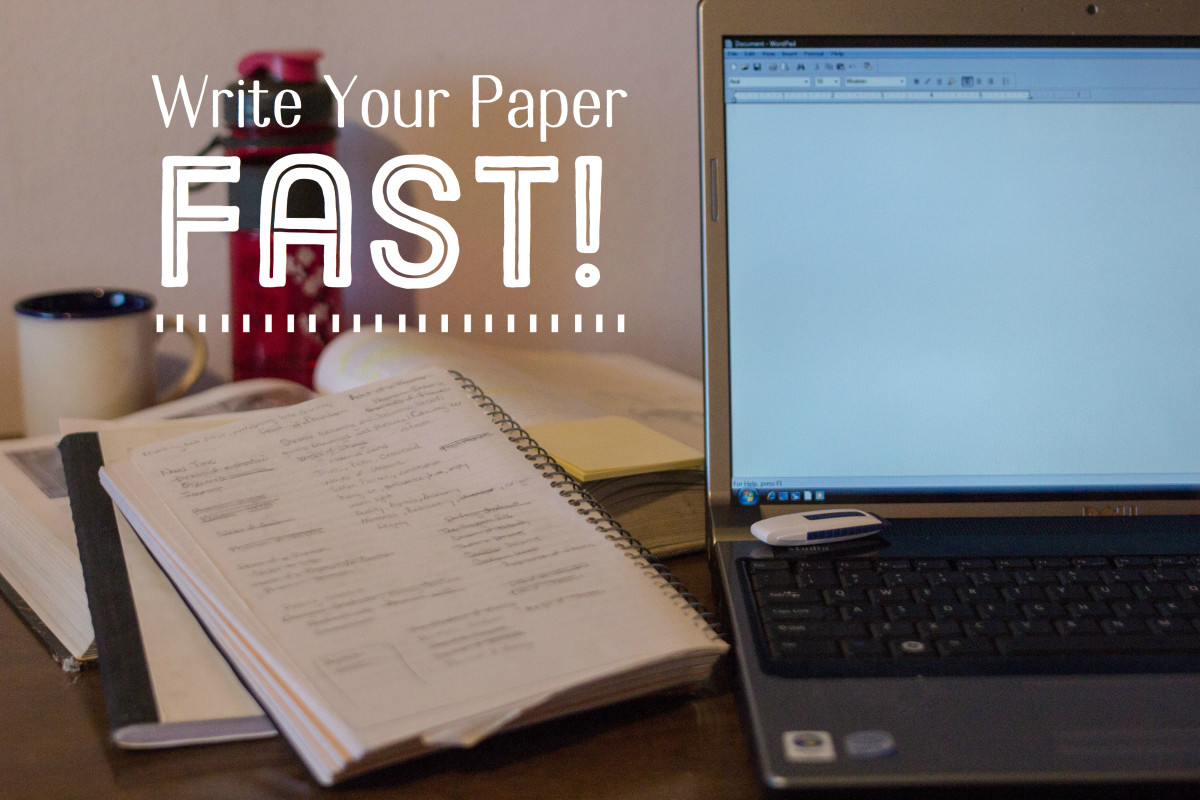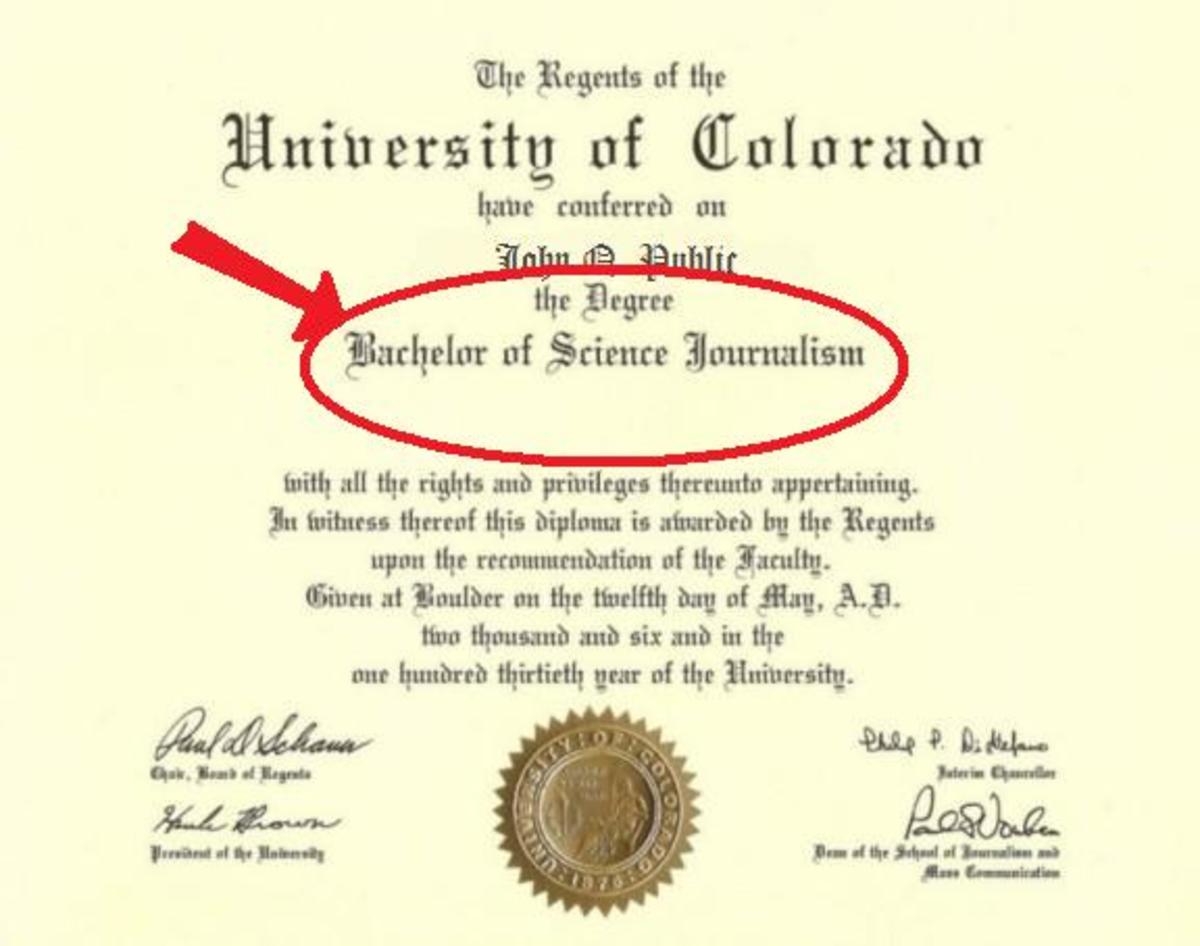How to Write a PhD Thesis
Writing a thesis or dissertation can be a daunting prospect for any graduate student. However, it is a necessity if you ever want to graduate and receive your doctorate degree. Here are a few tips which I hope will make the writing process less painful...
Start With Why: Contextualise Your Research
When writing a report or dissertation about your work, it is tempting to start by describing what you did in chronological order, then move onto the results, then draw conclusions from those results and finally analyse what they mean and consider how they might impact on your field of research. This is NOT the most effective way of presenting your research. The first question you need to answer is WHY you are working on this topic, not how you are doing it. Look at it from the reader's point of view: when they pick up your thesis (or any academic papers you might be thinking of publishing) they're looking for it to convince them that they should keep reading. If you can't quickly get across why your thesis or article is worth reading, they're likely to lose interest and stop reading. (Yes, I know that your examiners are required to read your thesis from start to finish, but it makes sense to try to keep them as engaged as possible during the process – a bored examiner is not a happy examiner.)
Know Your Audience
In general, you should pitch your thesis at an audience that consists of researchers in your field and in related fields. This means that although you can assume they understand the basics of your field of study, any specialist knowledge should be explained, and a citation given. Don't assume too much knowledge in your readers. Now that you have spent years researching your thesis topic, you are now the world expert on that subject. Your readers haven't had that level of immersion, so don't expect them to automatically be on your wavelength.
Highlight What Is Important
I know what it's like: you've spent years of your life finding out absolutely everything you possibly can about a topic, reading every paper you can find, running every experiment you can think of, and now you want to show just how much work you've put into this PhD. But before you bash out a long list of everything you've done, stop and think for a minute. Which of your findings are actually the most important? These are the ones that you need to build your thesis around.
The same principle applies to the literature review. Do NOT try to list every paper you've read throughout the course of your PhD program. Instead, identify those which are the most relevant and explain how your work relates to and builds on them.
Take Care of You
Writing a thesis is a long process. You'll never survive it if you don't eat well, sleep enough, and have some way of relaxing. Unless you have an urgent deadline which really can't be put back, it is rarely worth burning yourself out in order to make short-term progress. Instead, focus on developing stable long-term working routines.
Learn How To Identify And Tackle Procrastination
It's easy to get into the habit of checking your email as soon as you sit down to work.... and then checking facebook, and a news website, and checking out what's going down on Hubpages, and by then you have email again, and the cycle repeats itself. Before you know it, most of the morning has gone.
If you find yourself caught in this loop, STOP! Get up, walk away from the computer, and do something else for a while. Then come back, and instead of going straight to the web browser, make your thesis document the first thing you open. Don't touch that web browser until you've done at least 20 minutes work! If you need to look something up online, make a note of it and check it once you've got a few paragraphs down on the page.
Don't Get It Right, Get It Written!
The most important thing is to write. That sounds simple, but I know from experience that it's all too easy to become paralysed and not be able to write a word. Most procrastination arises not from laziness, but from fear. Students fear not being that any thesis they write will not be good enough, and so they write nothing.
Stop letting your perfectionism sabotage your productivity. In order to pass the PhD, you have to write a thesis presenting research whichmakes an original contribution to human knowledge. It's okay for that contribution to be a small one – that is in fact the norm. You do not have to revolutionize your field, or write 80,000 words of sparkling prose. You just need to get across what you did, and why it matters.
topquark works as a researcher in theoretical particle physics and blogs about research at The Particle Pen.











